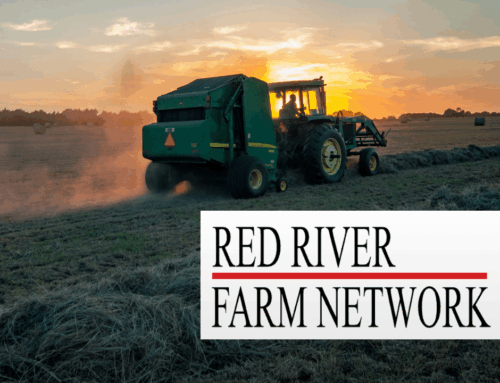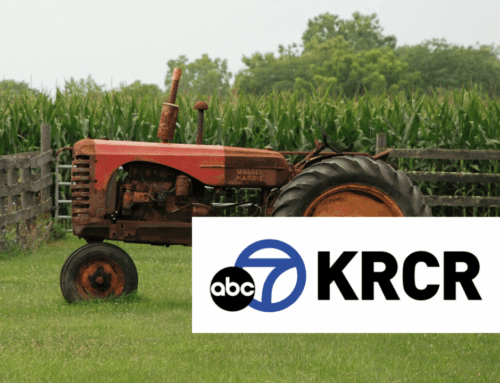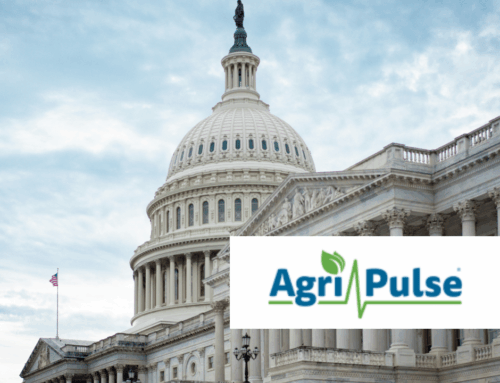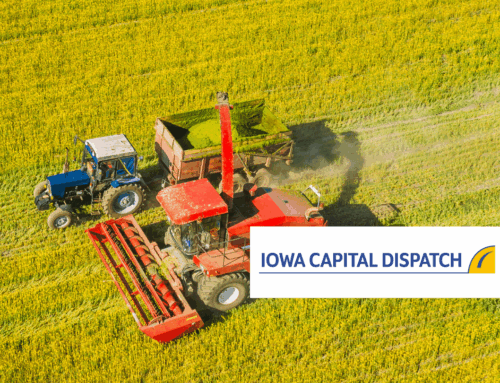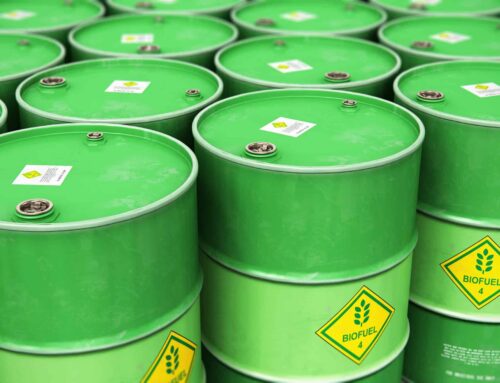The lame duck Trump Administration this week announced an arbitrary change to how individuals qualify for federal farm subsidies. This increases the number of “farmers” that can qualify for subsidies simply for providing “active management” of a farm, with no requirement they perform any actual labor or even step foot on the farm. This week’s change, which undoes one of the few positive steps the administration had taken to close farm program loopholes, is just the latest instance of the Trump Administration undermining Congressional attempts to focus the farm safety net on actual farmers with actual needs.
Way back in August the USDA announced a rule implementing various changes to farm bill subsidy programs mandated by the 2018 farm bill. While the rule implemented a number of costly expansions to farm subsidy programs, it also narrowed the broad “active management” loophole that many farming operations exploit every year to increase their federal subsidies. Under the loophole individuals that did not work on a farm could qualify for subsidies for anything from securing financing and marketing crops to “supervision of activities” and even more broadly “any other management function reasonably necessary.” And there was no minimum amount of time one had to be “actively engaged.”
The “actively engaged in farming” loophole has been a pain in the side of lawmakers and taxpayer advocates alike. In a 2015 review of farm programs, the Government Accountability Office (GAO) found more than 23 percent of members of General Partnerships qualified for subsidies based on management only. The operation receiving the most funds, $3.7 million, consisted of 34 members, 25 of which provided “management only.” The GAO issued another report in November regarding the Farm Service Agency’s inability to systematically monitor its performance of compliance reviews.
The August implementation was positive because for the first time the administration specified what constituted a “significant contribution” of management. This was an important step in a decades-long Congressional effort to close farm program payment loopholes and ensure only people who actually get dirt under their fingernails qualify for subsidies. Now the USDA is backtracking by posting a correction to the rule and stating that expanding eligibility requirements for family farming operations was an oversight. Except it’s not. A majority of Congress clearly intends for farm programs to only cover farmers, not people who simply have a financial stake in an operation but may live thousands of miles away.
Both the House and Senate in the 2014 farm bill included closing the loophole that allows unlimited numbers of individuals to qualify for farm subsidies by simply claiming to help “manage” a farm. Despite this, the 2014 Farm Bill Conference Committee, dominated by agriculture committee members that vehemently oppose any limits on farm subsidies, ignored the will of Congress and significantly watered down the applicability of the reforms. They did this by narrowing the provision to only non-family farms and exempting “family farms” from the new farm subsidy rules even though neither the House nor Senate bill made this distinction. Family farms consist of 98 percent of farming operations.
The issue was revisited in the 2018 Farm Bill when the Senate included a provision by Senator Grassley to once again limit the number of “managers” to be added to a farm entity in order to qualify for taxpayer subsidies. (House Leadership blocked a vote on a companion amendment).
The USDA issuing a “correction” to their rule is a huge mistake that will once again allow people who don’t even farm to receive taxpayer dollars. The Biden Administration, and next Congress, must work to ensure that the federal farm financial safety net goes to actual people farming the land instead of people farming for federal subsidies.


